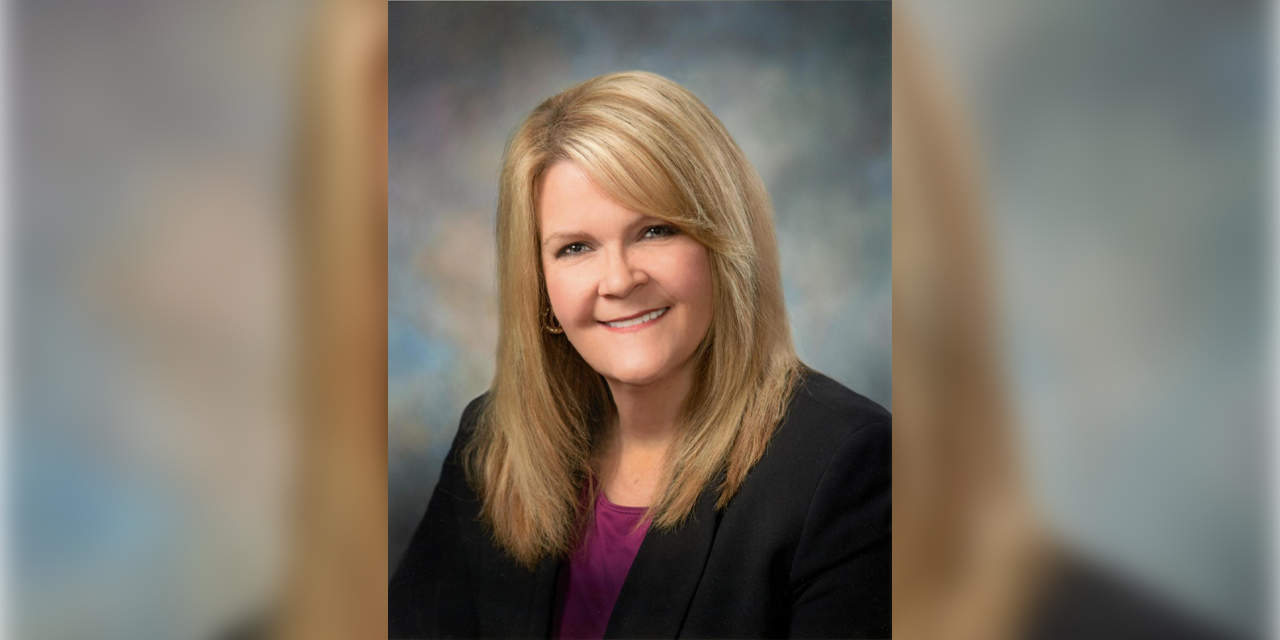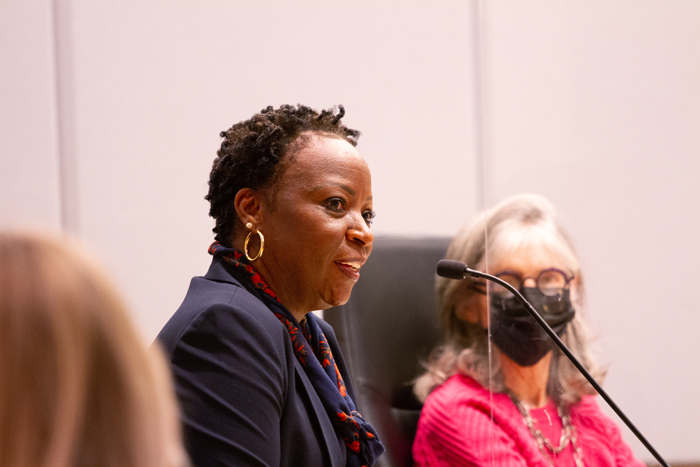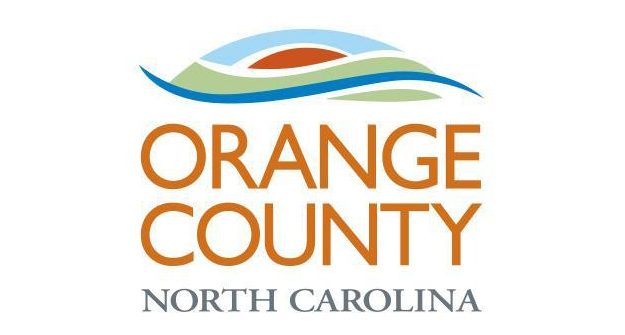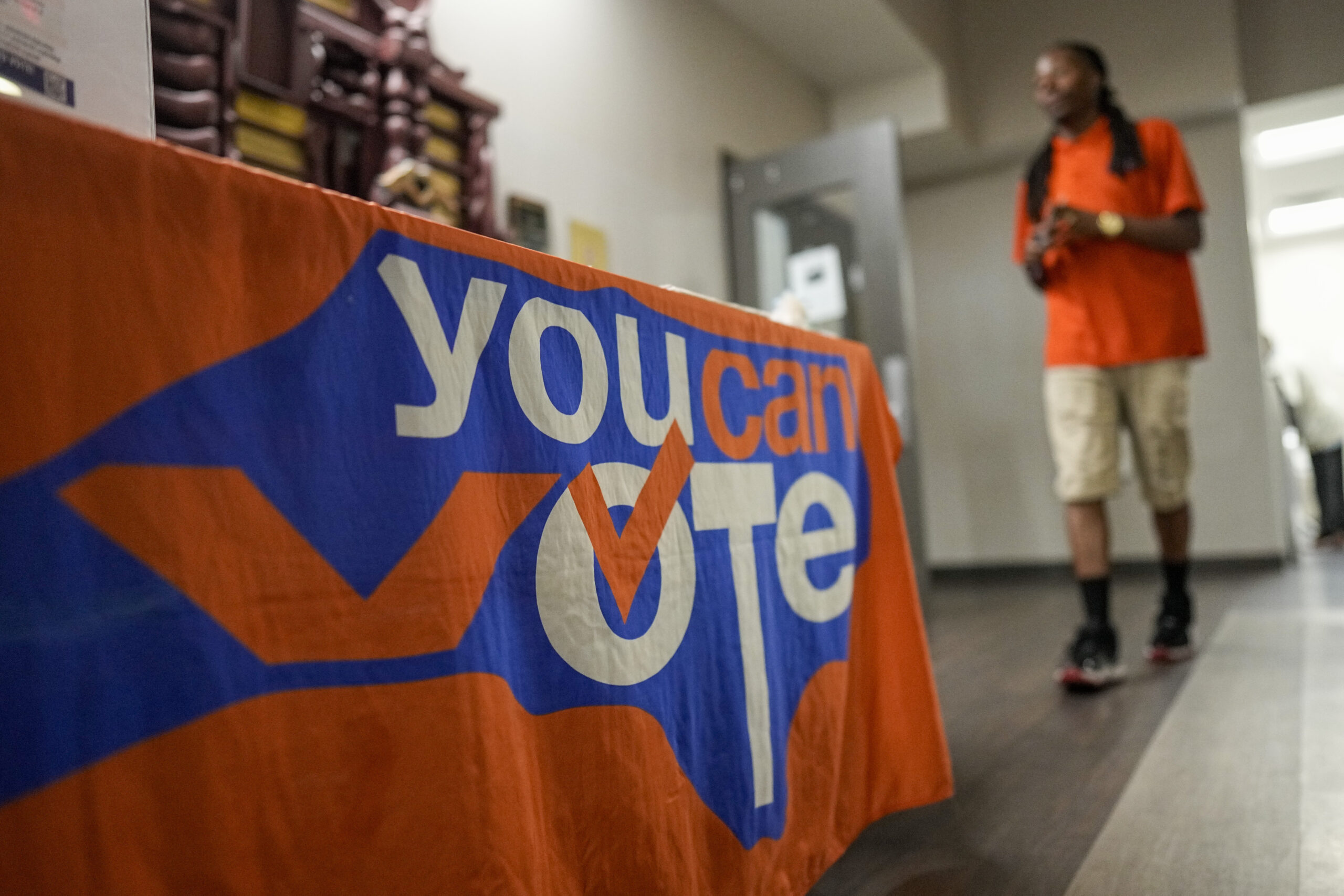Protesters rally for voter rights at Moral Monday; Photo by Rachel Nash
CHAPEL HILL – Our state became the 34th state in the nation to require voters to show a photo I.D. at the polls after Gov. Pat McCrory (Rep.) signed it into law last week. The new measure will bring sweeping changes to the state’s election process by reducing the early-voting period by a week, abolishing same-day voter registration and ending straight-party voting. The passage of the bill was immediately met with lawsuits filed in federal court questioning its constitutionality.
Mark Dorosin, managing attorney at UNC’s Center for Civil Rights and a member of the Orange County Board of Commissioners, has been following the course of this legislation since it was proposed in the General Assembly.
“A full and final resolution of the case could take several months or potentially more than a year, so I think that this issue will be tied up in litigation for quite some time,” Dorosin said.
Backers of the Voter I.D. Law, set to take effect in the 2016 election, said it will protect against voter fraud, but Dorosin said he believes fraud is not a problem in this state. He also added that the other provisions of the bill have nothing to do with preventing voter fraud.
“There is no basis or any justification, I don’t think, for getting rid of same-day registration or early voting, other than to keep people from voting,” Dorosin said.
Several lawsuits have been filed in federal court after McCrory signed the voter I.D. bill into law on August 12. The American Civil Liberties Union, the ACLU of North Carolina Foundation and the Southern Coalition for Social Justice filed a suit on the grounds that provisions of the new law would unduly burden the right to vote and discriminates against African-American voters in violation of the U.S. Constitution’s equal protection clause and the Voting Rights Act of 1965.
The N.C. NAACP and the Advancement Project filed a separate suit on the grounds that the law violates Section 2 of the Voting Rights Act, which bans voting procedures that discriminate based on race or membership in one of the language minority groups. The NAACP also said the voting restrictions violate the 14th and 15th amendments.
“The thing about the North Carolina case is that it is just not about the Voter ID Law, but in the case filed by the NAACP, challenges the range of voter suppression components of the new election law,” Dorosin said.
Groups in North Carolina aren’t the first to challenge Voter I.D. related legislation. In Pennsylvania, voter I.D. legislation has been in legal limbo since Republican Governor Tom Corbett signed the bill into law in March of 2012.
Dorosin said he believes court battles concerning the N.C. Voter I.D. will be more challenging than other cases in other states because the provisions of the bill are broader.







Comments on Chapelboro are moderated according to our Community Guidelines